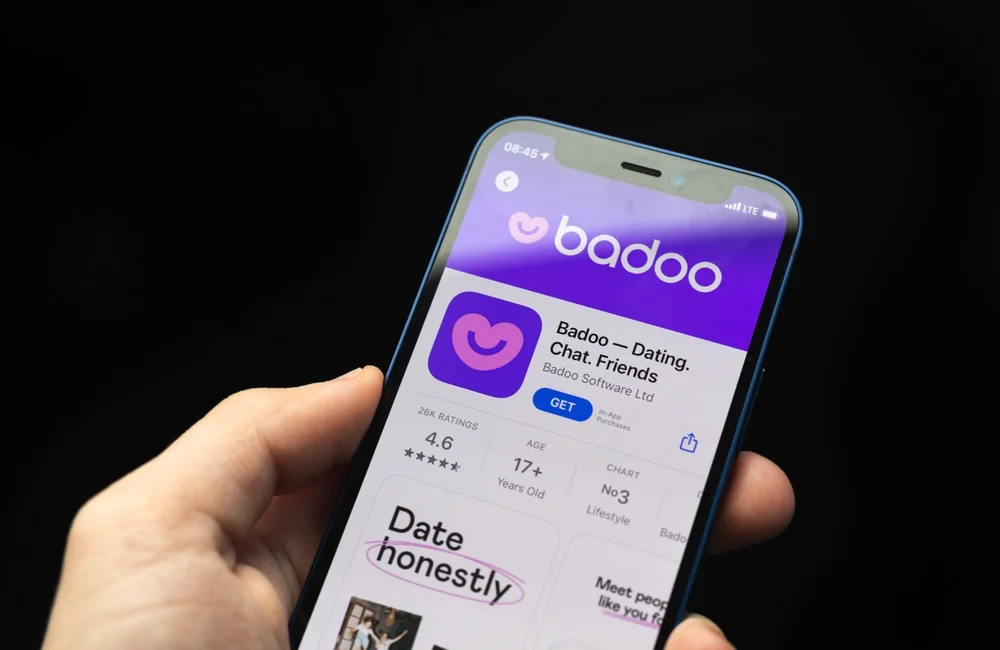
While Tinder is probably the first dating app that comes to mind for most, Badoo is the app that arguably broke the mould. The platform reportedly has the second most global users, but what exactly is Badoo, and what sets it apart from its competitors?

Table of contents
When was Badoo founded?
Badoo, the brainchild of Russian entrepreneur Andrey Andreev, made its debut in 2006. It was launched in Moscow and quickly spread its roots across the globe. The platform’s success can be attributed to its early start – six years before Tinder and Hinge – and market dominance outside the US.
Over the years, Badoo has evolved and introduced features including a swiping system similar to that of Tinder and a video chat feature for more intimate interactions.
Who owns Badoo?
In 2019, Andrey Andreev, the platform’s founder, reformed his company’s structure to create MagicLab, the holding company for Badoo and sister app Bumble. However, later that year, Andreev sold his stake in MagicLab to the Blackstone Group private equity firm.
In 2020, Bumble Inc. replaced MagicLab as the parent company, with Badoo becoming a subsidiary product.
Who are Badoo’s competitors?
Dating apps are a highly competitive market, with several notable competitors vying for the attention of users seeking love and connections online. Some of Badoo’s primary rivals include:
Tinder
Perhaps the most recognizable name in online dating, Tinder boasts a massive user base and a simple swiping interface that has become synonymous with modern dating.
Match.com
As one of the pioneers in the online dating industry, Match.com offers a comprehensive and tailored matchmaking experience.
OkCupid
Known for its in-depth profiles and compatibility-based matching, OkCupid appeals to users looking for meaningful connections.
Plenty of Fish (POF)
POF is a free dating platform that attracts a wide range of users, making it a strong competitor in the online dating arena.
Hinge
Hinge focuses on fostering genuine connections by prompting users to provide more detailed information about themselves.
Badoo controversies
Beyond the usual issue of fake profiles and catfishes, Badoo has seen its fair share of noteworthy controversies. In 2019, Forbes magazine exposed a culture of toxic treatment toward women, including Glassdoor reviews speaking of a “sexist culture” where “misogyny, racism and bigotry will be part of your every day”.
The exposé also revealed allegations of “ketamine-infused afterparties” and stories of employees’ sex acts being shared on the company email system.
The author generated this text in part with GPT-3.5, OpenAI’s large-scale language-generation model. Upon generating draft language, the author reviewed, edited, and revised the language to their own liking and takes ultimate responsibility for the content of this publication.






